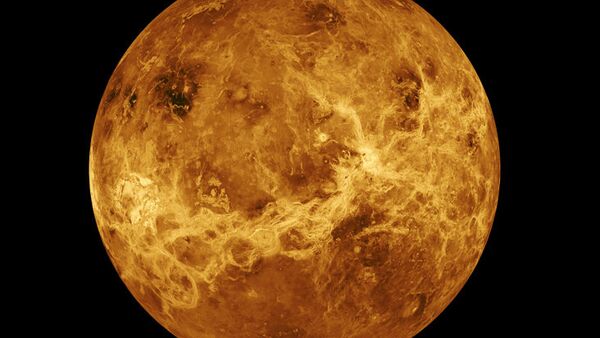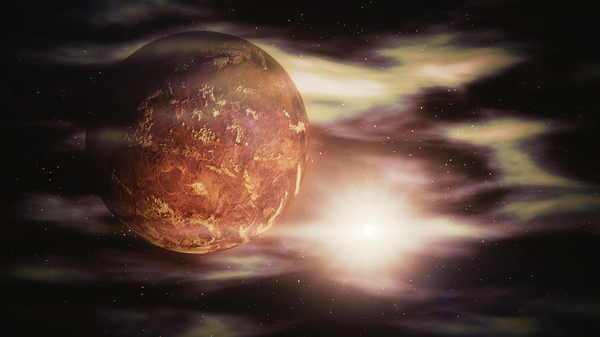"We are also considering a separate mission to Venus. We think that Venus is a Russian planet anyway", Rogozin told journalists. "Some Russian scientists claim that this [scientific discovery] is not yet the direct proof [of the presence of life]. Nevertheless, I would like to confirm that our country was the only one and first on Venus. Our device was there, it conducted research, it is basically absolute hell out there"
According to an article published in the Nature Astronomy journal on Monday, phosphine gas, potentially of biological origins, was discovered in the Venusian atmosphere. The discovery has emerged as Russia and the United States are planning a joint space mission to Venus for 2027-2029, known as Venera-D to bring soil samples from the planet's surface.
Roscosmos previously refused the joint project, stressing it will be led by Russia only, the head of the Russian Space Research Institute, Anatoly Petrukovich, noted that the US might participate in it as a common member.
In 1965, the Soviet Union launched a Venera 3 space probe which made a hard landing on the Venusian surface, becoming the first time a man-made device to land on another planetary body, not counting the Moon. In 1970, the Venera 7 spacecraft became the first to transmit data from another planet's surface.



